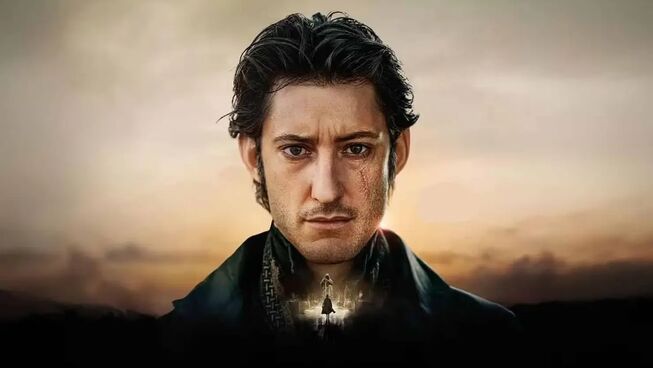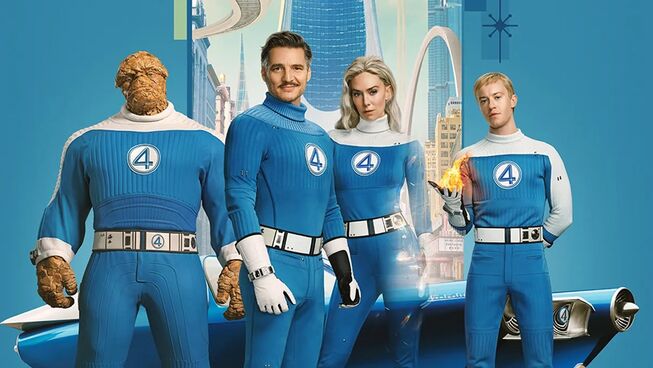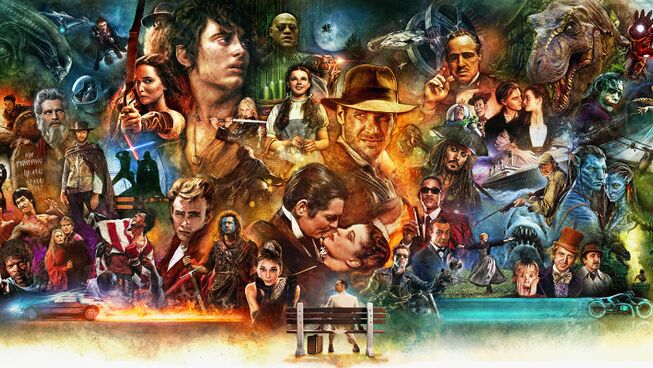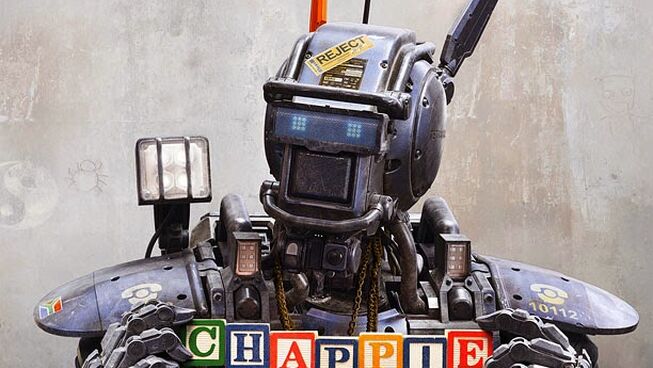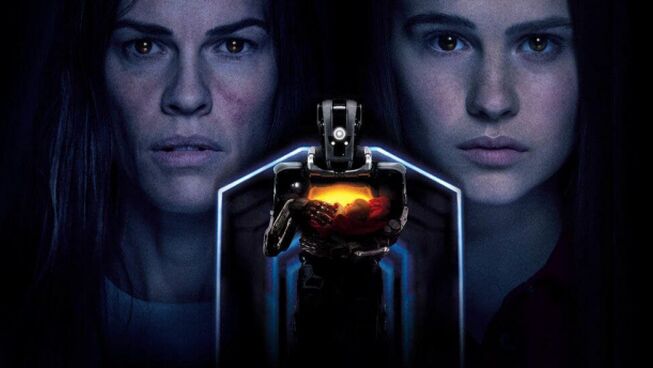Ex Machina
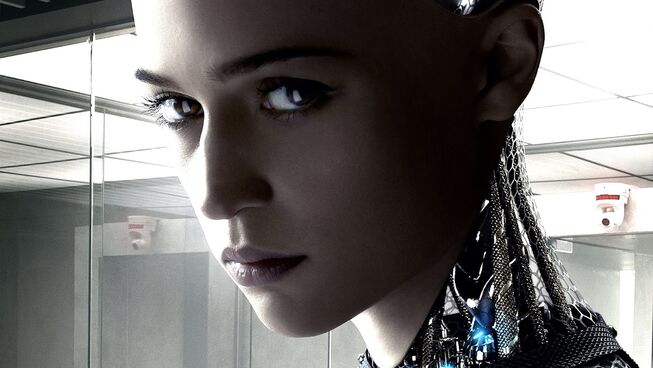
⭐️ ⭐️ ⭐️ ⭐️ (out of 5)
"Isn't it strange, to create something that hates you?" - Ava
In director Alex Garland's classic artificial intelligence drama (28 Days Later, Dredd), Bluebook is the industry's leading search engine and software firm. Caleb (Domhnall Gleeson) wins a week in a private mountain retreat with the technology giant's reclusive CEO and founder, Nathan, played by Oscar Isaac. But on arrival, Caleb quickly determines that he will have to participate in a bizarre but groundbreaking study of human interaction with the world's first truly interactive artificial intelligence, created in a beautiful female robot, Ava (Academy- Award winner Alicia Vikander). An exciting proposition for a young computer genius, but it quickly turns into a twisted psychological tale of the human condition.
This has been a busy year for artificial intelligence films. Alex Garland has to differentiate Ex Machina from all the other robot films. Garland begins the journey in a pristine, rustic garden habitat, a modern-day Eden. The perfect place for a creator to develop a new life. Even though it is not an original setting, it does set up the stark contrast from the usual sterile trappings of a laboratory environment, with him literally bringing his creation up from out of the earth and the depths of the cyber world. The narrative is a creation story with the fall of mankind woven in for good measure. Still, it becomes a psychological exercise for the characters and audience. There is a multitude of underlying questions that need to be considered with each ensuing question.
The character development and script have a multilayered brilliance, allowing Garland's psychology study to open doors that separate it from other artificial intelligence films. From Blade Runner to I, Robot, the questions of ethics and humanity are central themes. Alex Garland's creation incorporates these themes but is different because it is not merely a study of the created organisms but an analysis of the creator. Oscar Isaac's character, Nathan, captures the brilliance needed for this type of machinery development, but exposes the underlying problem with man being a creator. Humans are flawed, which causes them to create inherently flawed creations.
The psychological tension was well-paced, and the actors delivered compelling performances. Garland's characters show that they all are measured and calculate each move, like a well-played chess match. Then, someone knocked over the game board, and the conclusion ended abruptly and ineffectively. Ex Machina was captivating and innovative, opening the door for many topics, but failed to deliver satisfactory answers.
Reel Dialogue: What does this film have to say?
The illusions to the garden of Eden were not subtle. Ava and Caleb were the test subjects in the world created by Nathan. Unlike the God of the Bible, who is merciful, gracious and perfect in intention and purpose, Nathan is brilliant but a flawed creator. With wealth and power, he proves he is above all moral codes. Not knowing Alex Garland's intentions with the script, he did manage to expose the problem with created beings attempting to make other moral beings. Sinful intentions produce a tainted creation. Creation is merely one topic amongst many in Garland's storyline. Intelligence, greed, power, morality, ethics, and sexuality are all touched on and given room for discussion after the film.
As a word of warning, language and nudity are issues and should be considered before watching. Looking past these issues, this psychological test will provide many conversation possibilities for the audience as its test subjects.
Ex Machina was a refreshing change within this genre, there were layers to this film that allow for a deeper conversation on the topic of artificial intelligence. It is not a biblical metaphor, but the biblical illusions are unavoidable. The film is dark and borderline depressing, with a less than satisfactory ending. Yet, if you enjoy thought provoking films, you will enjoy this psychological adventure.
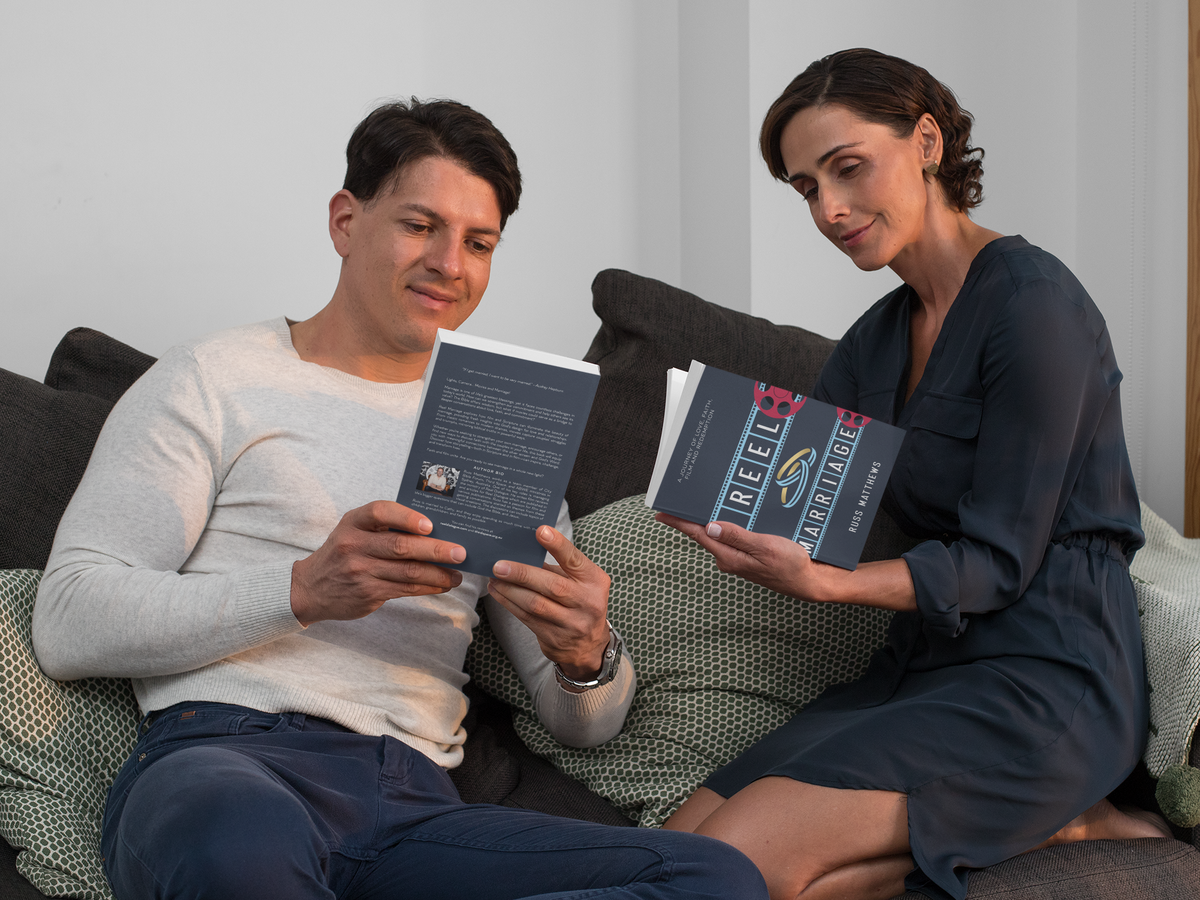
Reel Marriage
Lights, Camera... Movies and Marriage!
Marriage is one of life’s greatest blessings, yet it faces countless challenges in today’s world. How can we strengthen our commitment and help others see its value? The Bible offers wisdom, but what if movies could serve as a bridge to deeper conversations about love, faith, and commitment?
Reel Marriage explores how film and Scripture can illuminate the beauty of marriage, providing fresh insights into God’s design for love and relationships. From classic romances to modern dramas, movies capture couples' struggles and triumphs, mirroring biblical truths in powerful ways.
Faith and film unite. Are you ready to see marriage in a whole new light?
If you order your copy today you will also receive a complementary handbook that is only available with the purchase of the book (Print or ebook)


